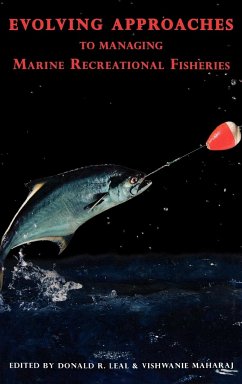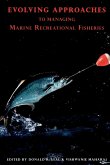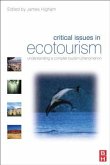Each year, thirteen million anglers enjoy the sport of saltwater angling in the United States, generating an estimated $30 billion in sales and supporting nearly 350,000 jobs. Recreational saltwater fishing, however, can significantly impact species of concern-species overfished or experiencing overfishing. Traditional angling controls-bag and size limits and restricted seasons-have fallen short in controlling fishing impacts and reducing conflicts among fishing and non-fishing interests. Evolving Approaches to Managing Marine Recreational Fisheries offers ways of overcoming such problems while providing anglers and the recreational service industry greater regulatory flexibility to enjoy the fruits of sportfishing. It features fourteen internationally recognized fishery experts presenting the pros and cons of using individual fishing quotas (IFQs), game tags, and angler management organizations (AMOs) in managing marine recreational fisheries, presenting both theoretical and practical solutions to help move recreational fisheries management to a new and improved level.
Hinweis: Dieser Artikel kann nur an eine deutsche Lieferadresse ausgeliefert werden.
Hinweis: Dieser Artikel kann nur an eine deutsche Lieferadresse ausgeliefert werden.








